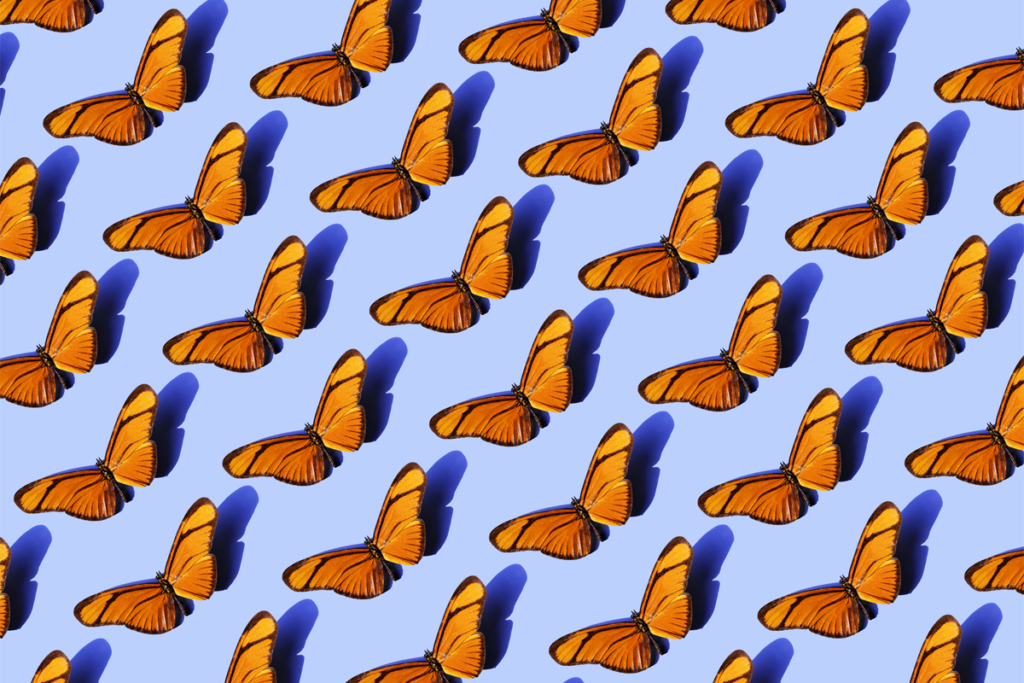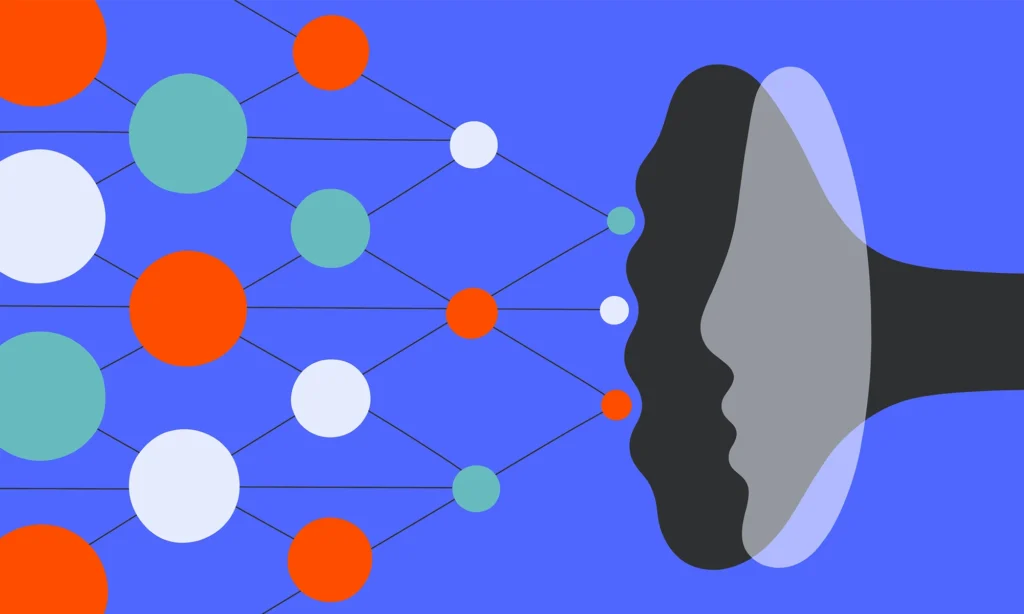The fate of multiple grants aimed at increasing diversity, equity and inclusion in neuroscience has become unclear after the first week of President Donald Trump’s second term.
Trump issued an executive order on Tuesday that called for the federal government to “terminate all ‘diversity,’ ‘equity,’ ‘equitable decision-making,’ ‘equitable deployment of financial and technical assistance,’ ‘advancing equity,’ and like mandates, requirements, programs, or activities, as appropriate.” Government websites describing diversity-related awards, including the faculty diversity award page for the National Institute of Neurological Disorders and Stroke, were no longer publicly accessible as of Thursday morning, although pages detailing requests for applications for the awards remain online at the time of this article’s publication. And federal employees in roles related to increasing diversity were placed on paid leave starting Wednesday at 5 p.m., CBS News reported.
“With the current climate of what the current administration is doing, it does scare me,” says Andrew Mendiola, assistant professor of pharmacology at the University of California, San Diego. Mendiola started his lab in late 2023 thanks to a government award designed to increase diversity among scientists, called Maximizing Opportunities for Scientific and Academic Independent Careers (MOSAIC). “What’s going to happen next year? Am I going to be able to pay the grad students I have and the staff I have right now, which I’m using this award to do? It’s a time of real uncertainty.”
Recipients of diversity-focused grants say they have not yet heard from their program officers about what to expect regarding future funding. “We’re just in a holding pattern, figuring out what might come next,” says Mari Sosa, a postdoctoral researcher at Stanford University, who last year received the BRAIN Initiative Advanced Postdoctoral Career Transition Award to Promote Diversity, which funds scientists for up to two years at the end of their postdoctoral work and up to three years as a principal investigator.







